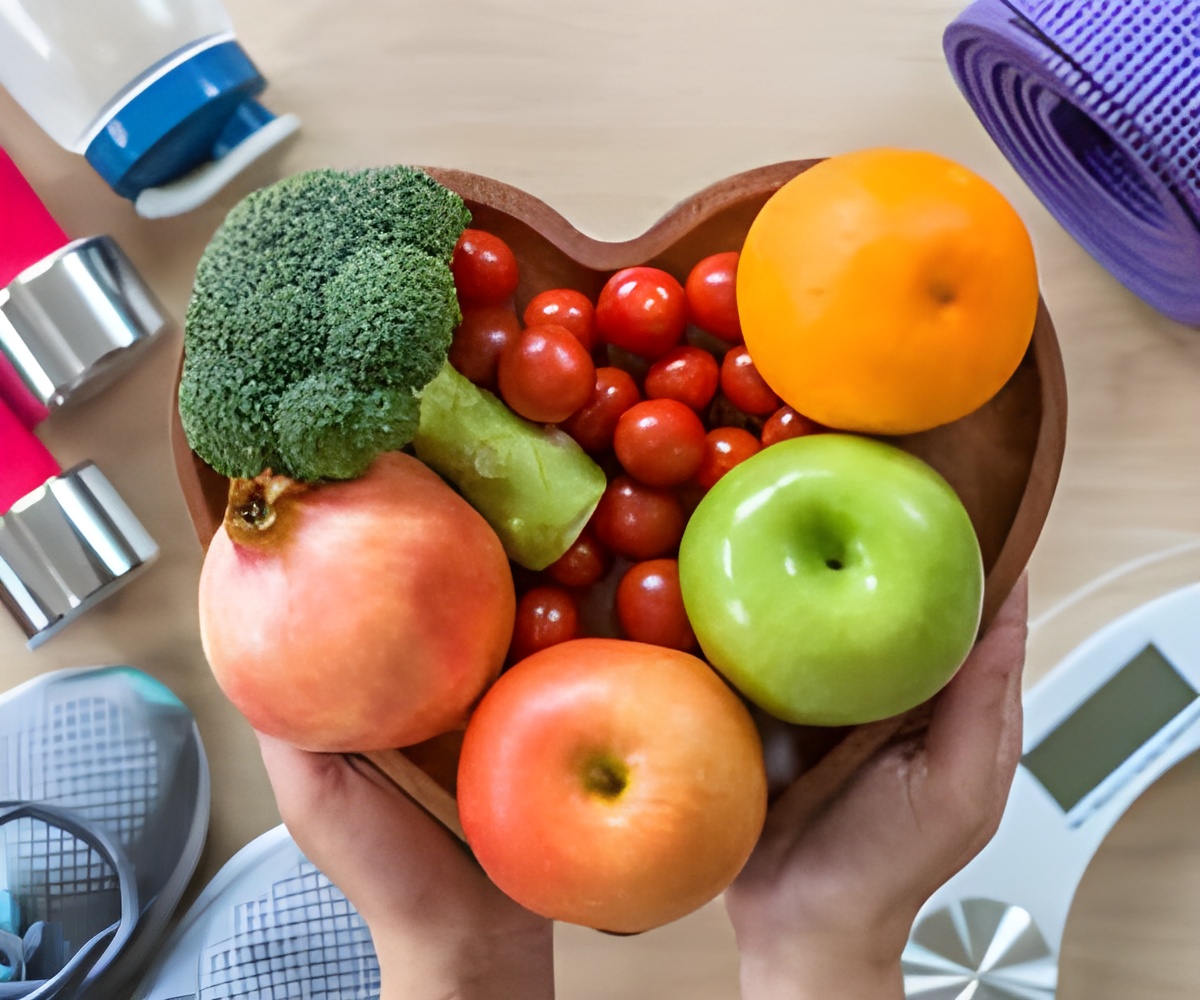
‘Eating fresh foods and avoiding high-sodium, high-cholesterol containing processed foods can keep your heart healthy.’
Read More..Tweet it Now
Heart disease is the leading cause of death for men and women in the U.S., according to the federal Department of Health and Human Services (HHS). Every year, heart disease causes one in four deaths, the HHS says. As we enter February, which is American Heart Month, a University of Florida Institute of Food and Agricultural Sciences nutrition expert gives several suggestions to help you keep your heart pumping blood as it should.Read More..
“Heart health is extremely important to our bodies,” said Laura Acosta, a UF/IFAS lecturer in dietetics in food science and human nutrition. “The heart pumps blood to our entire body. So keeping our heart healthy and strong is essential. Heart health doesn’t just refer to the heart itself, but also the whole vascular system.”
To try to avoid high blood pressure, you’ll want to avoid sodium as much as possible, Acosta said.
“To try to decrease the amount of sodium in your diet, you’ll want to decrease the amount of processed food you eat,” Acosta said. “It’s amazing when it goes from its original form to its processed form, how much sodium is typically added.”
“So, when you think about canned food, those TV dinner-type foods, anything that’s packaged and processed, a lot of times, there will be a decent amount of sodium in those,” she said. “So really just try to stick with your fresh, minimally processed food – fruits and vegetables are a great way to start.”
Advertisement
Acosta distinguishes between dietary and blood cholesterol. Dietary cholesterol involves the foods we eat, while blood cholesterol refers to how much cholesterol we have in our bodies.
Advertisement
Acosta stresses eating in moderation those foods and beverages that are high in saturated fats, including red meat and whole milk, she said.
Source-Newswise















